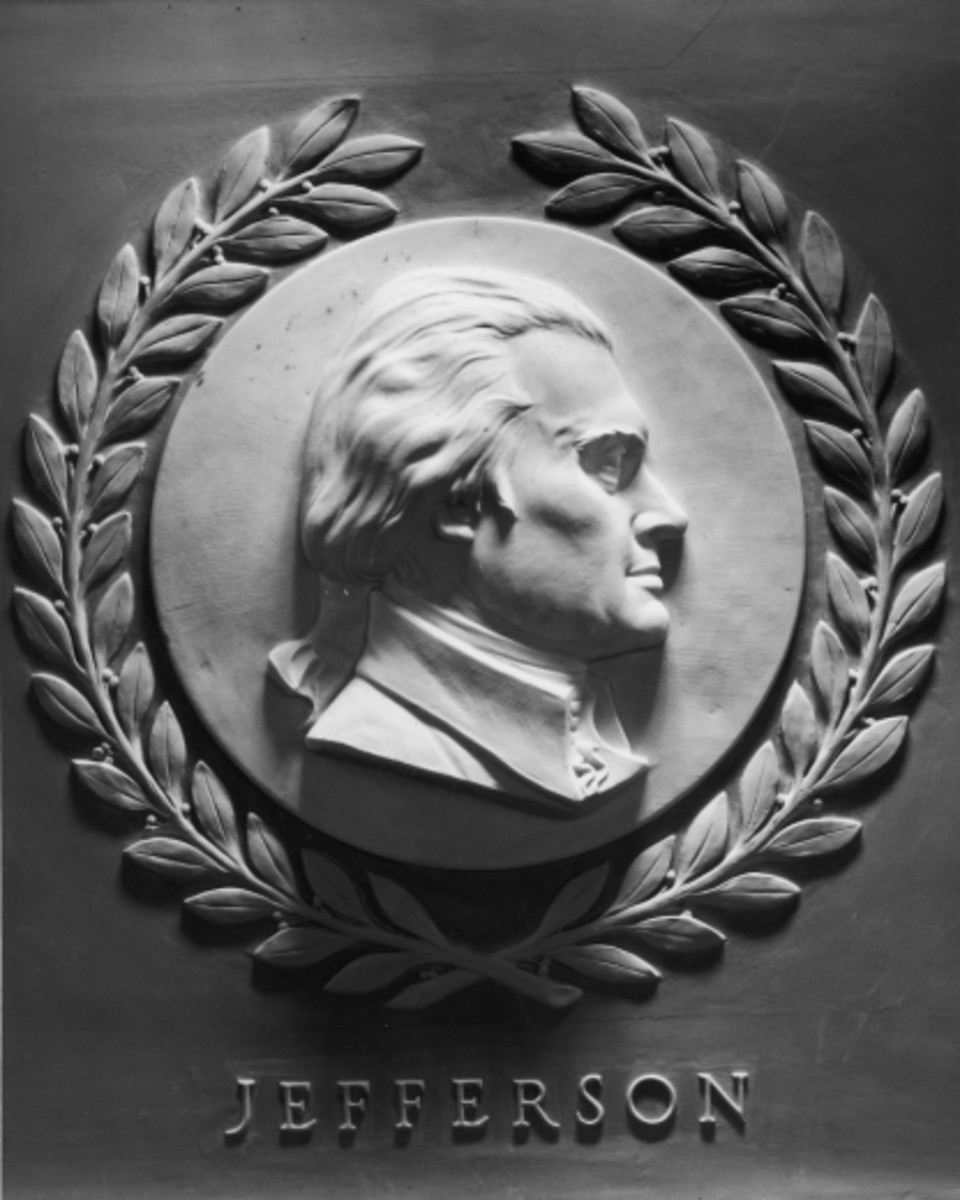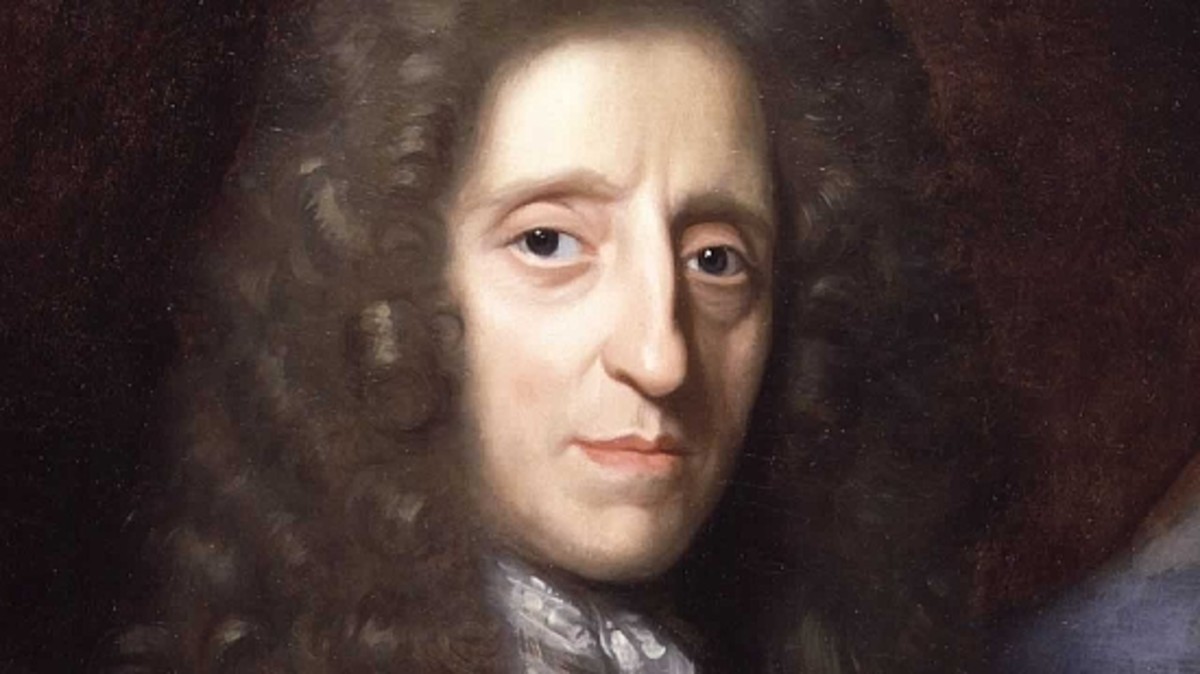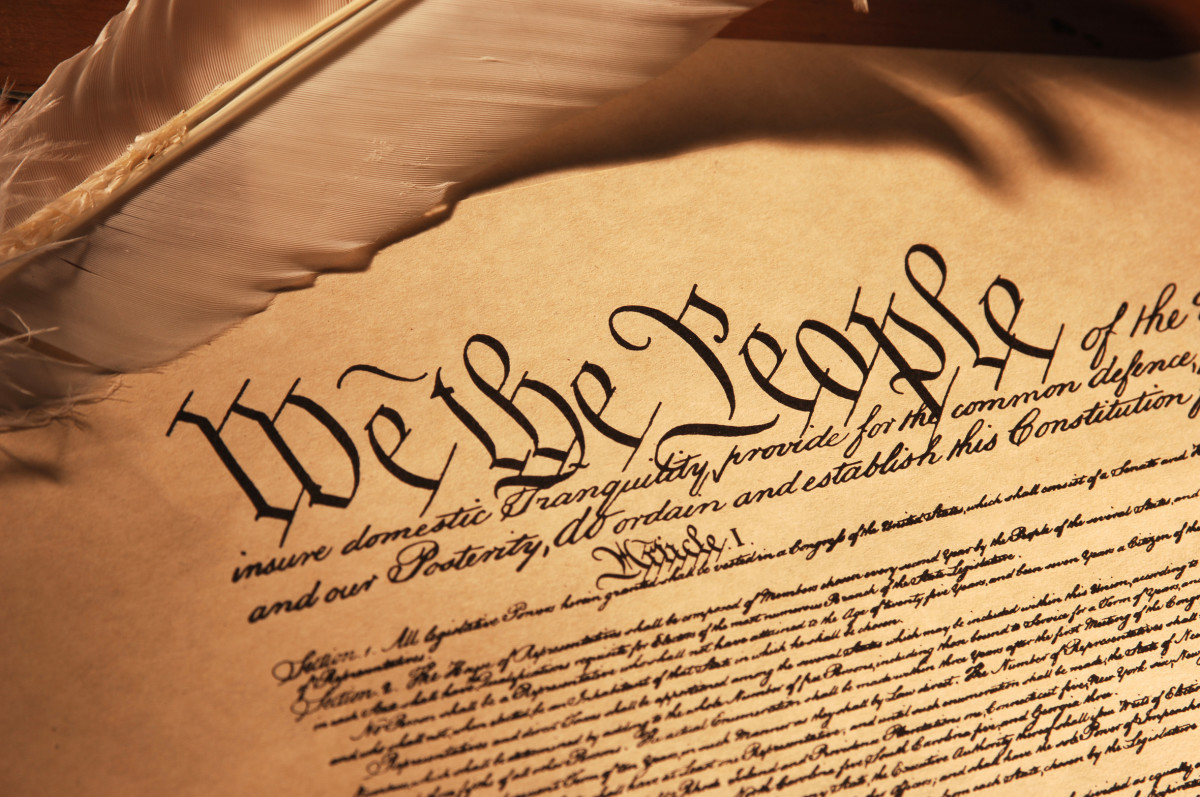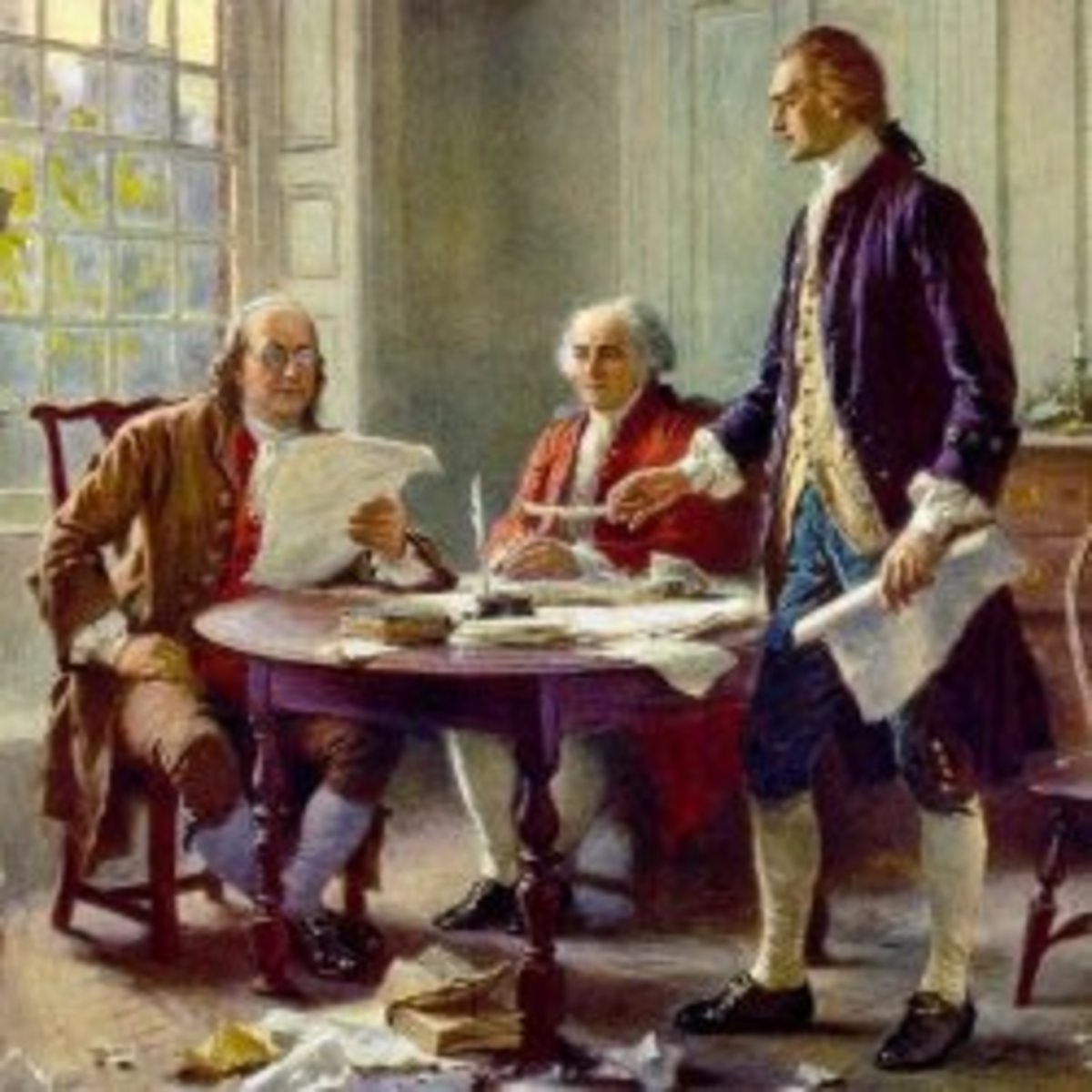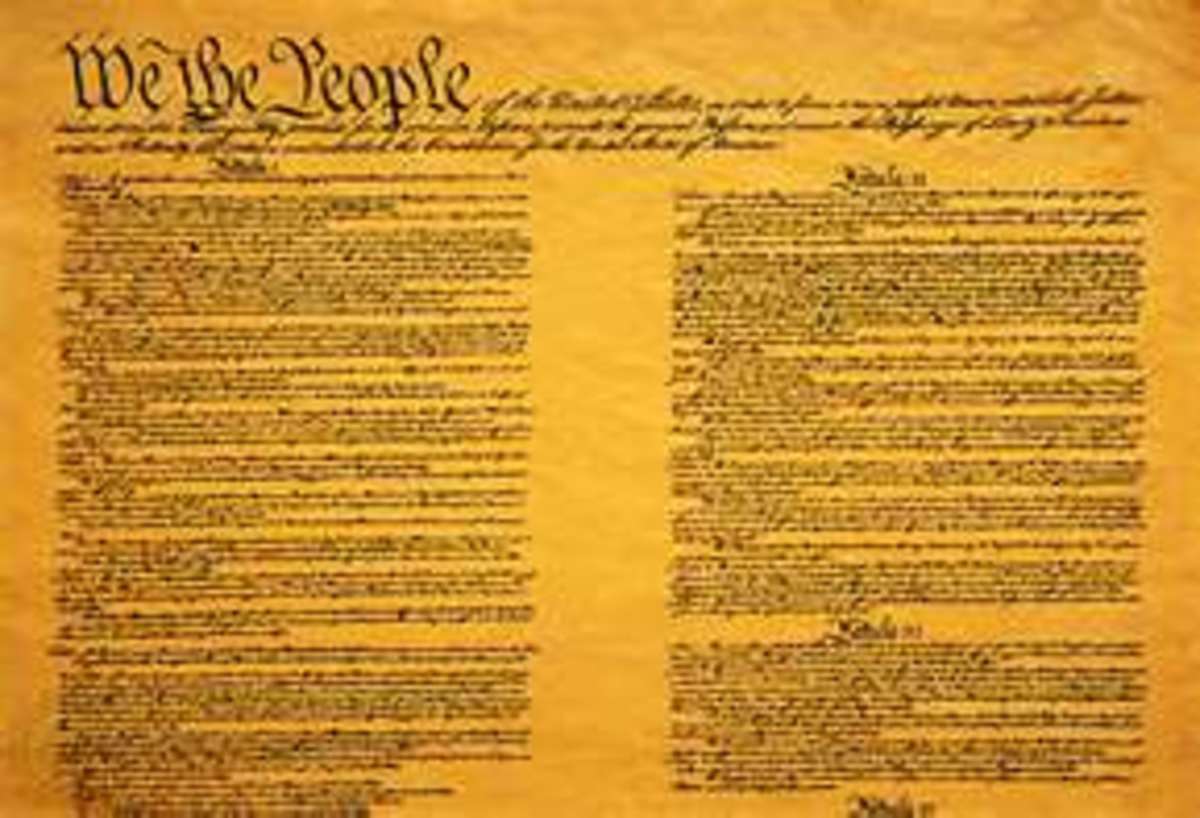John Locke: Two Treatises of Government
John Locke (1632 - 1704)
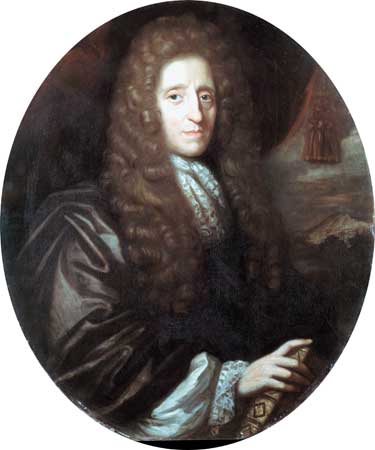
Book Review
John Locke was a well known English Philosopher during his lifetime (the 17th Century). He was highly respected, in spite of his liberal views such as peoples' inherent rights to "life, liberty and the pursuit of property". He believed the "government should be governed by those it governed". He further perpetrated the "blank slate" theory in philosophy about man beginning as a "blank slate" learning progressively from his surroundings and society. He wrote about natural law, on freedom and equality of all men. John Locke argued in his writings that "earthly rulers derive rights, not from God, but from contracts made by men, and that people have the right to rebel against a ruler who betrays that contract." These ideas today are not new. It was John Locke who fathered them. His works such as Two Treatises of Government (written in 1679) were well read even by famous Americans such as Alexander Hamilton, James Madison, Thomas Jefferson, and the American Federalists. Documents like the The Declaration of Indepence, the Bill of Rights, and the United States Constitution exhibit John Locke's influence upon their creators. Even Patrick Henry was a great admirer of John Locke's works; often times quoted John Locke in his speeches about liberty and freedom. His admirers were not just in England and America, but throughout Europe.
The book Two Treatises of Government is believed to be written in support and justification of the Glorious Revolution of 1688 in England. Political Scientists agree that Two Treatises of Government was in actuality a "demand for a revolution", very radical for the 17th Century. This piece of political philosophy was in fact an attack against the autocratic monarchical system. Two Treatises of Government is an essay in favor of civil government.
In the edition I read, published by "A Mentor Book from New American Library, New York and Scarborough, Ontario - The New English Library Limited , London, England" in 1963 - the Fifth Printing, has a 169 page introduction that includes an elaborate Editorial Note. These 169 pages inform much about John Locke and his time period, giving us insight to 17th Century England. Found these 169 pages very insightful and helpful; brimming with historical facts.
In the Preface of Two Treatises of Government is an interesting tidbit written by John Locke which reads "Thou hast here the Beginning and the End of a discourse concerning Government; what Fate has otherwise disposed of the Papers that should have filled up the middle, and were more than all the rest, 'tis not worth while to tell thee. These, which remain, I hope are sufficient to establish the Throne of our Great Restorer, Our present King William; to make good his Title, in the Consent of the People, which being the only one of all lawful Governments, he has more fully and clearly than any Prince in Christendom: and to justify to the World, the People of England, whose love of their Just and Natural Rights, with their Resolution to preserve them, saved the Nation when it was on the very brink of Slavery and Ruin." This is the fathering of the idea that the common man should be able to make a contract with his government (a Monarchy too) and the government should hold itself accountable to this type of contract. A very liberal idea for the 17th Century, and was very difficult for the aristocracy of England to accept, let alone admire.
Within the pages of Two Treatises of Government John Locke expertly and legnthily explains what a good Monarch should be, how the people are important (not just the aristocracy), and the importance of a well written Constitution (contract between government and those governed). Upon reading this book, which is written at a very slow philosophical pace, I noticed the roots of many concepts that our Forefathers of the United States placed in our very own Declaration of Independence, The Bill of Rights, and United States Constitution in order to secure the United States citizens of their "unalienable Rights that among these are Life, Liberty, and the pursuit of Happiness." Much of what is written in the Declaration of Independence and The Bill of Rights is in The United States Constitution which is indeed a contract between our government and its citizens that grants their approval. This concept of government receiving approval by its citizens in the form of a contract was first explained by John Locke in Two Treatises of Government.
Highly recommend reading. Not an easy read due to the English is from the 17th Century, but like any Charles Dickens book, well worth plodding through for the nuggets within its pages. Perfect for any at-home library.
For more information about John Locke: http://en.wikipedia.org/wiki/John_Locke
For United States Constitution view: http://www.archives.gov/exhibits/charters/constitution_transcript.html
For the Bill of Rights: http://www.archives.gov/exhibits/charters/bill_of_rights_transcript.html
The Declaration of Independence: http://www.archives.gov/exhibits/charters/declaration_transcript.html


